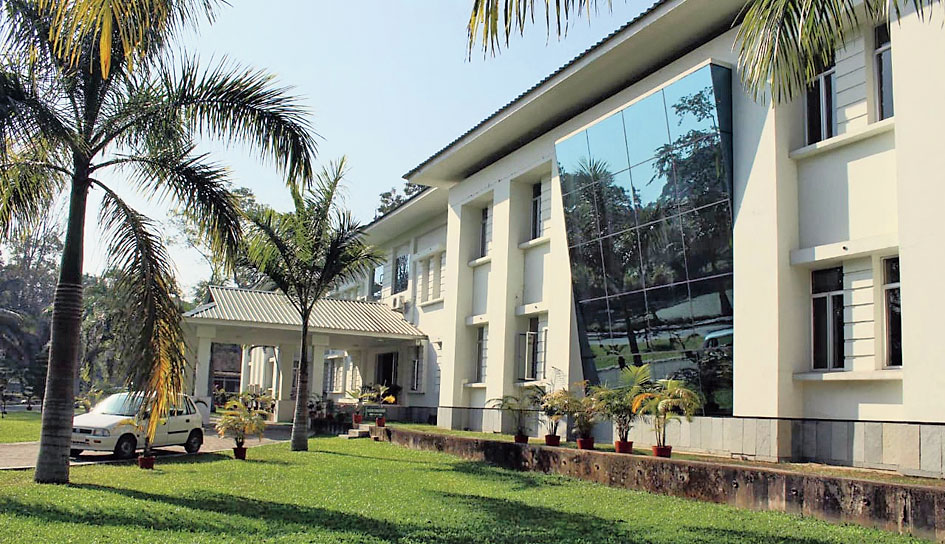The Tea Research Association has prescribed a set of guidelines to be followed by gardens in Assam, Bengal and Tripura once these reopen after the lockout.
The research body for the tea industry has brought out guidelines named Post Corona Closure Care for Tea Plants — A special bulletin by TRA for the tea industry. It said prolonged closure disrupts such routine practices and adversely impacts productivity.
The prevailing conditions make tea plantations susceptible to the incidence of pests and diseases.
“Nutrition management is another critical area and any delay in the application of the first doses of manure makes the plants deficient. It is therefore imperative for tea plantations to adopt a set of scientific and practical measures to help tide over this hour of crisis. This bulletin highlights such issues likely to be faced by tea plantations as we move deep into the current lockdown period and prescribes a set of guidelines to help mitigate these issues and retain productivity once the period is over,” it said.
“It is expected that, during the period of lockdown, in the absence of regular plucking, the plucking table will be uneven, unmanageable due to creep and overgrown shoots which will further reduce productivity. March-April is the beginning of the season of tea production in this region as the typical climatic conditions induce new growth in the tea plants,” the bulletin said.
“Similar situation did not occur in our lifetime, though we helped Darjeeling after prolonged closure in December 2017 by helping them recover with more field advisory visits to the gardens,” the director of TRA, A.K. Barooah, told The Telegraph.
The bulletin said in the 21-day lockdown period, a maximum of three plucking rounds are expected to be missed initially. “On the basis of basic bush physiology corrective procedure will be required to prepare the overgrown bushes to come into bearing which would consume another fortnight or so in some fields depending on the pruning status and health of the bushes. Plucking table management will then be the most crucial operation because it must ensure minimum loss of crop and quality,” it said.
The bulletin contains a set of general as well as specific package for different region of Assam, Bengal and Tripura and will also be applicable in adjoining areas.
“During the lockdown period where no plucking is allowed, it will be need-based spraying against pest infestation and irrigation under strict monitoring and supervision. At the end of the closure period, depending upon the duration of closure and the pruning status of the sections, the type of management practices will vary,” it said.
The guidelines say after the opening of the estates after the shutdown, planters should ensure that a preliminary assessment is made by physically going around the sections and making a note of the status of the bushes in terms of growth.
Once the initial assessment is done then the planters need to prioritise the field operations to be carried out in terms of plucking/skiffing, pest and disease control, weed management, nutrition.











